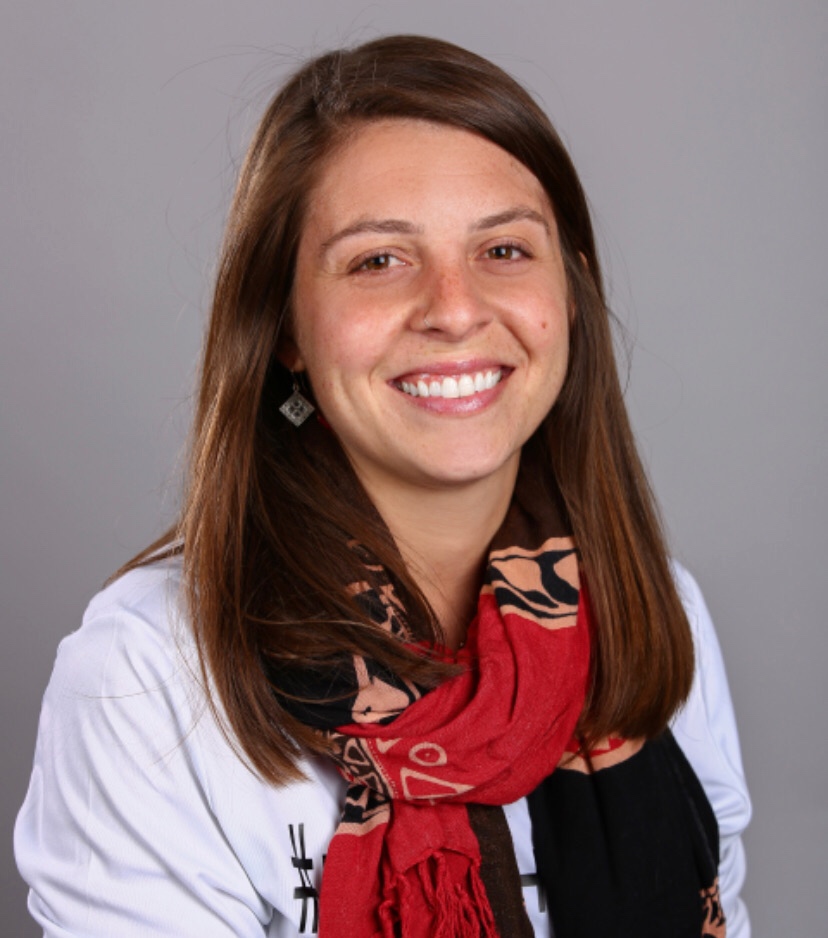Welcome to our special section, Thrive on Campus, devoted to covering the urgent issue of mental health among college and university students from all angles. If you are a college student, we invite you to apply to be an Editor-at-Large, or to simply contribute (please tag your pieces ThriveOnCampus). We welcome faculty, clinicians, and graduates to contribute as well. Read more here.
For first semester students, the reality of your academic situation may not sink in until it’s too late. The social joys and challenges of the college transitions sometimes overshadow the academic progress and monitoring. Not understanding the depth of what’s expected of them, or the firm boundaries in when assignments are due. These may be experiences that first-time college students discover the hard way.
As a former employee on two college campuses, I can’t tell you the number of times I met with student’s who had zero understanding of the depth of their situation. A situation that they were trying to explain to me that “wasn’t a problem” or they could “easily raise their grade” after they failed their first exams. When in real-time reading through their syllabus with them it was painstakingly obvious, they had certifiably failed the class. There was no way to recoup their grade. Period. Yet, even when the truth was staring them hard in the face, they couldn’t accept their situation.
As a professional who cares about the success of young people, it really fascinated me how so many students could be so disconnected from their truth. It wasn’t until reading Dr. Janet Hibbs and Dr. Anthony Rostain talk about this exact issue in The Stressed Years of Their Lives, that it really all came together. They specifically reference how we “alter reality to some degree to suit our own purposes.” (p.133) For a college student, that would be to still remain successful and academically on-track. For Psychologists, this is referred to as cognitive distortion.
In the book they discuss how students engage in excessive procrastination, and then are prone to several types of cognitive distortions such as:
- Magical thinking – “I’ll eventually be able to get it all done.”
- Magnification/minimization – “I have no idea where to even begin on this assignment! It requires so much research, and I’m horrible at research!”
- Invidious comparisons – “Everyone else in my lab seems to understand what the professor is talking about. I’m so lost – I just must not be meant to be a college student!”
- Emotional reasoning – “In order for me to start on this mid-term project I need to be feeling good about myself. I’m just not there yet.”
- Perfectionism – “I have tried starting this assignment about seven other times. I’m really paralyzed because I can’t seem to picture how this is supposed to look in the end, and so I am struggling to even get started.”
These warped senses of self and thinking really place college students in a pickle by the end of the semester. Certainly, a student can be savvy enough to withdraw from a class before the end of an individual Add/Drop date. Most of the students that are aware enough to withdraw, are not necessarily the same students with the above cognitive distortions. They’re with-it enough to realize they can’t salvage a specific grade.
This is a mindset shift. This is a hard-learned lesson. This is the start of them hustling hard in future semesters to bring up their cumulative GPA in small increments all because “I didn’t take first semester freshmen year seriously.” It’s not that they didn’t take college seriously, it’s just that they established avoidant behaviors and ways of thinking that ultimately placed them in a corner.
A lot of it boils down to procrastination. These are executive functioning basics that will really set a student up for success from Day 1 on campus. Skills such as time management, prioritization and organization, and task initiation. If you aren’t sure how your college student is doing, I’d definitely do a little more digging than just asking the question: “How are you? How are you doing in your classes?” If you can help them in being self-aware of their true situation, you may help them in initiating their own change to be academically successful in college.
For anyone looking for additional resources around mental health, substance abuse, college transition coaching, or parent resources you can find them on: https://www.lilley-consulting.com/ or follow @lilleyconsulting, or https://www.facebook.com/LilleyConsultingLLC/.
Subscribe here for all the latest news on how you can keep Thriving.
More on Mental Health on Campus:
What Campus Mental Health Centers Are Doing to Keep Up With Student Need
If You’re a Student Who’s Struggling With Mental Health, These 7 Tips Will Help
The Hidden Stress of RAs in the Student Mental Health Crisis


